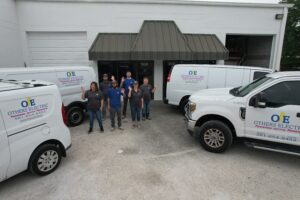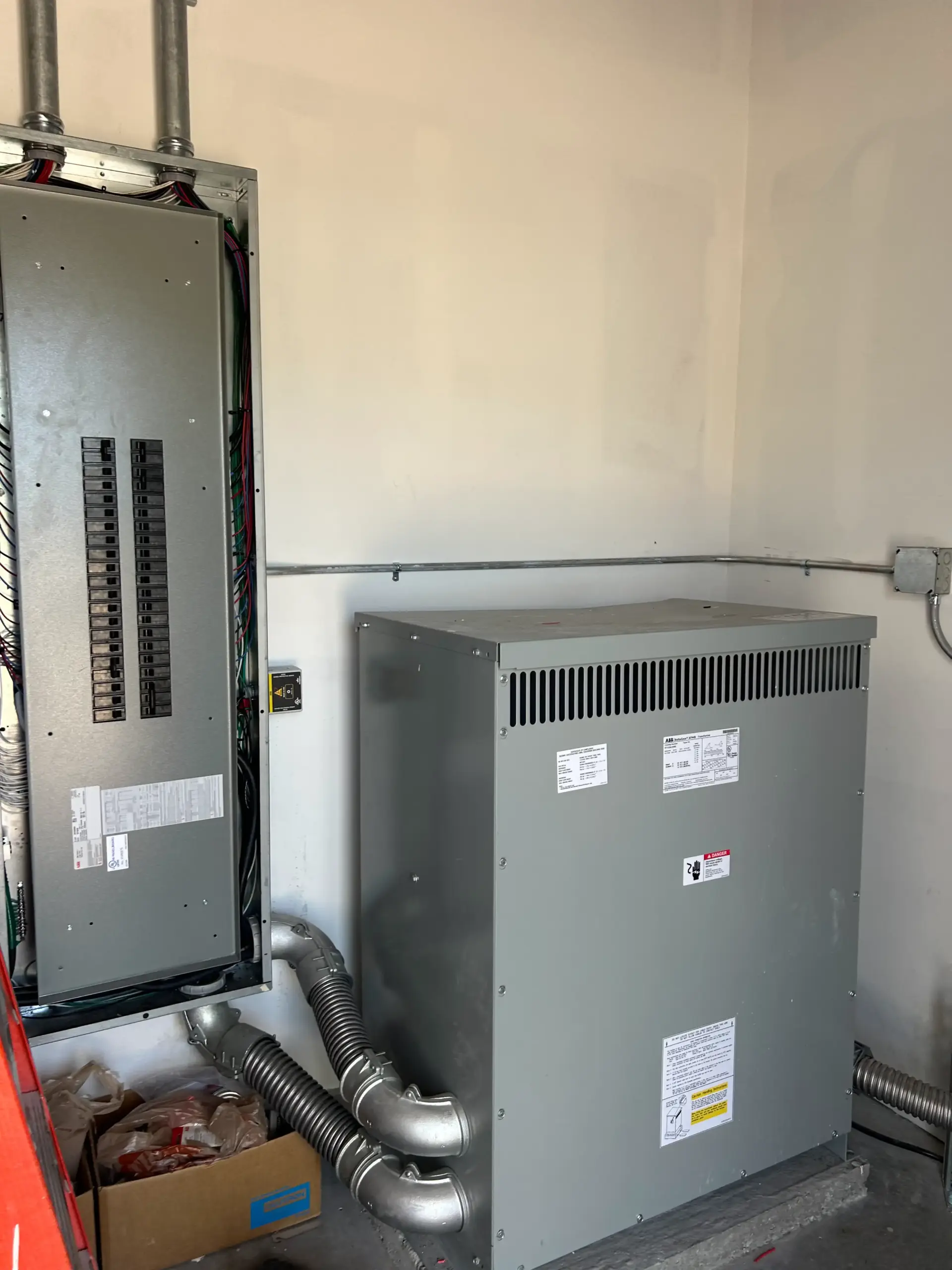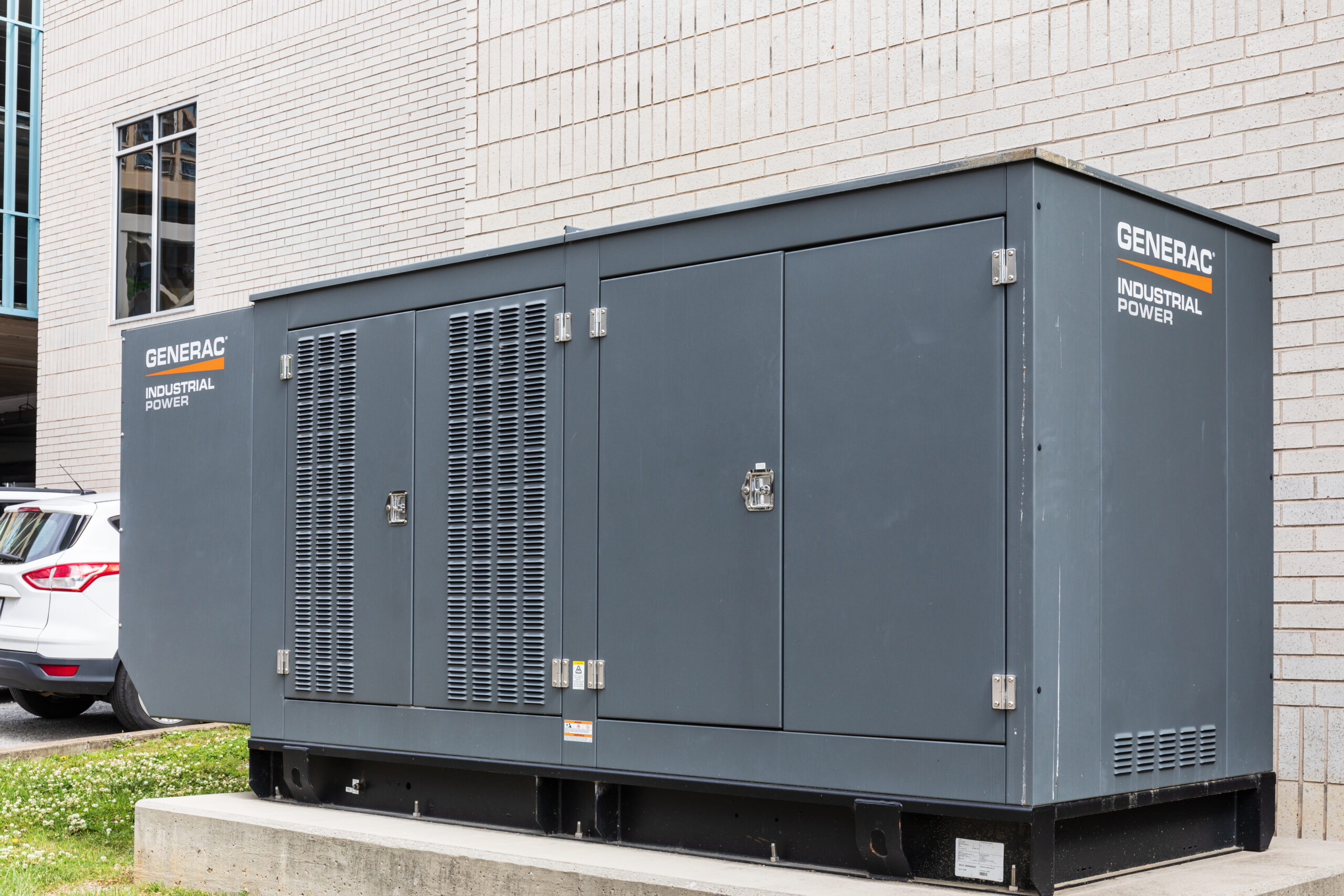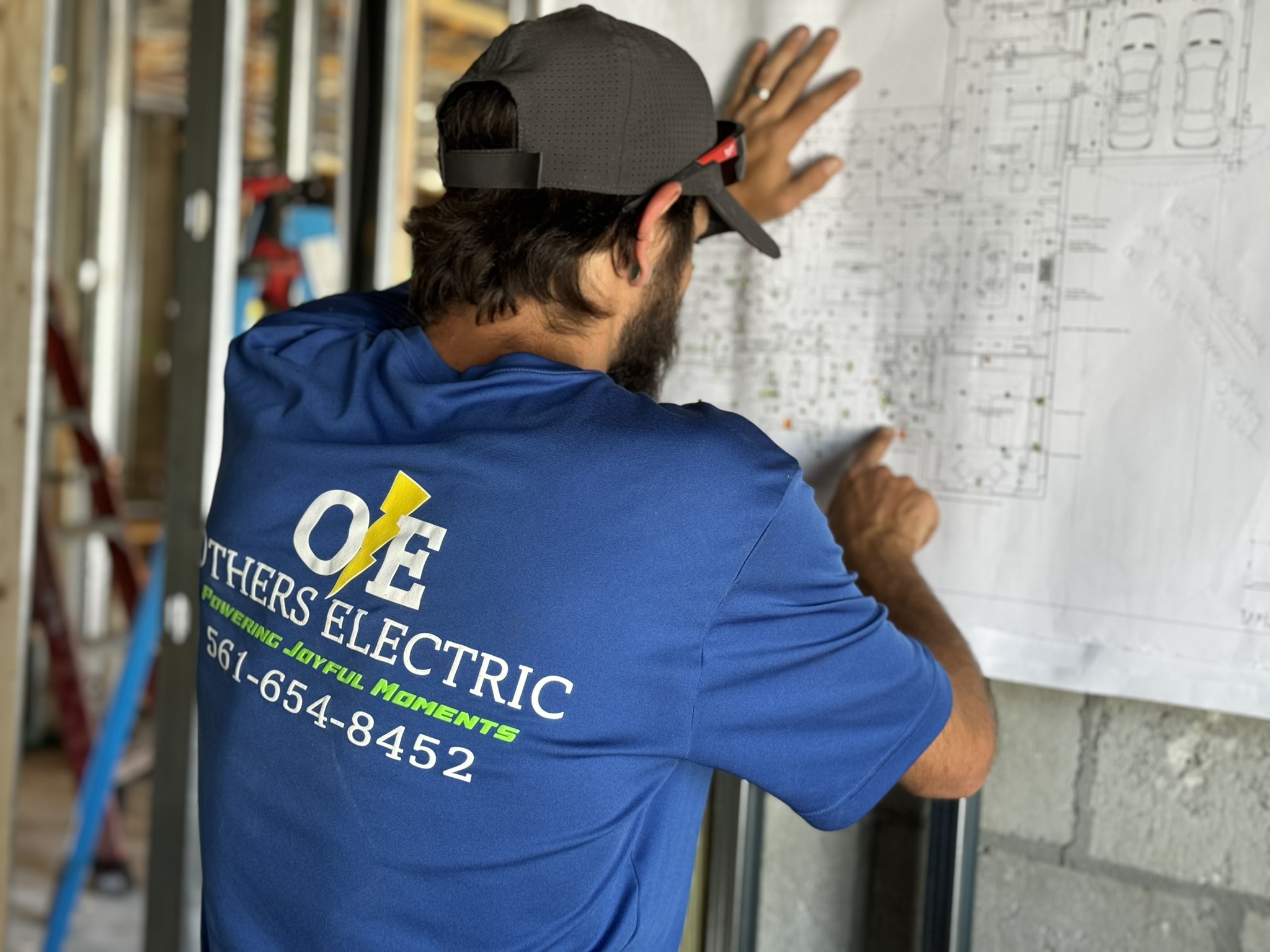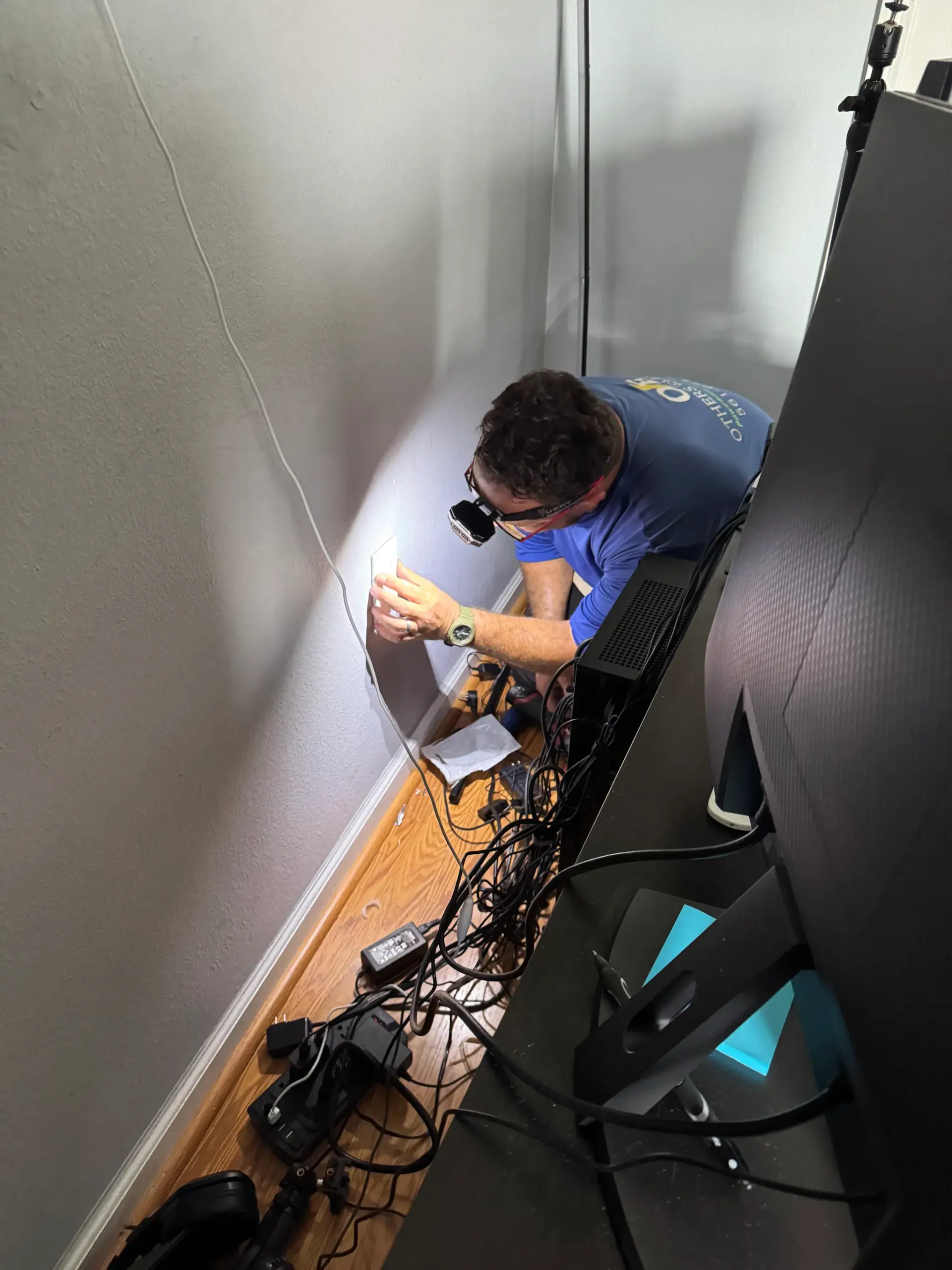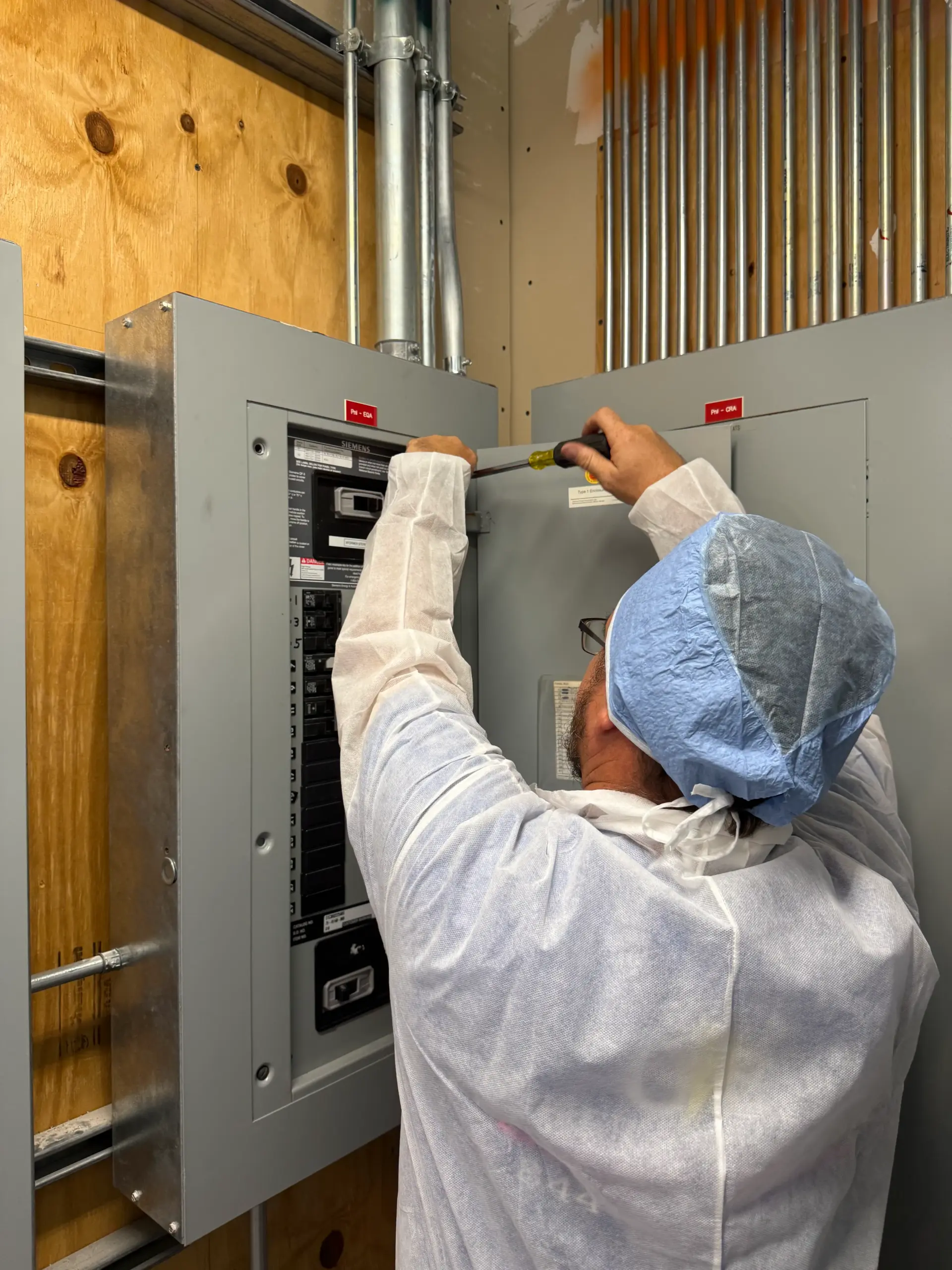As the electric vehicle (EV) market continues to grow, so does the demand for reliable EV charging infrastructure. For many EV owners, installing a charging station at home or within a business is a vital step toward seamless vehicle usage. But who is responsible for installing these charging stations? Whether it’s for residential, commercial, or public use, the process of EV charger installation requires expertise, planning, and adherence to local regulations. Let’s explore the key players involved in EV charging station installation and what the process entails. Let’s go over who installs EV Charging Stations.

Licensed Electricians: The Backbone of Installation – Others Electric in South & Central Florida
At the heart of every EV charging station installation is a licensed electrician. These professionals have the training, certification, and experience needed to handle the complexities of electrical work. EV chargers, especially Level 2 and Level 3 systems, draw significant power and often require modifications to existing electrical systems.
Licensed electricians are responsible for assessing your home or business’s electrical capacity, upgrading panels if necessary, and ensuring all wiring and connections are safe and code-compliant. They can also advise on the best location for the charging station, taking into account factors such as accessibility, convenience, and safety.
For residential installations, electricians may install a dedicated circuit for the charger to prevent overloading the electrical system. In commercial and public installations, they handle the additional complexities of networking multiple chargers and integrating payment or usage tracking systems.
EV Charger Installation Companies – Who Installs EV Charging Stations
Many companies specialize in EV charger installation, offering end-to-end solutions for homeowners, businesses, and municipalities. These companies often employ a team of electricians and project managers to streamline the installation process.
When you work with an EV charger installation company, they typically handle everything from site assessment to permitting and final inspection. These companies also stay updated on the latest technologies and standards, ensuring that your charging station meets all current requirements.
For businesses, installation companies can assist in creating a scalable charging infrastructure, allowing for the addition of more chargers as demand grows. Some companies also offer maintenance and support services, ensuring the long-term reliability of your charging station.
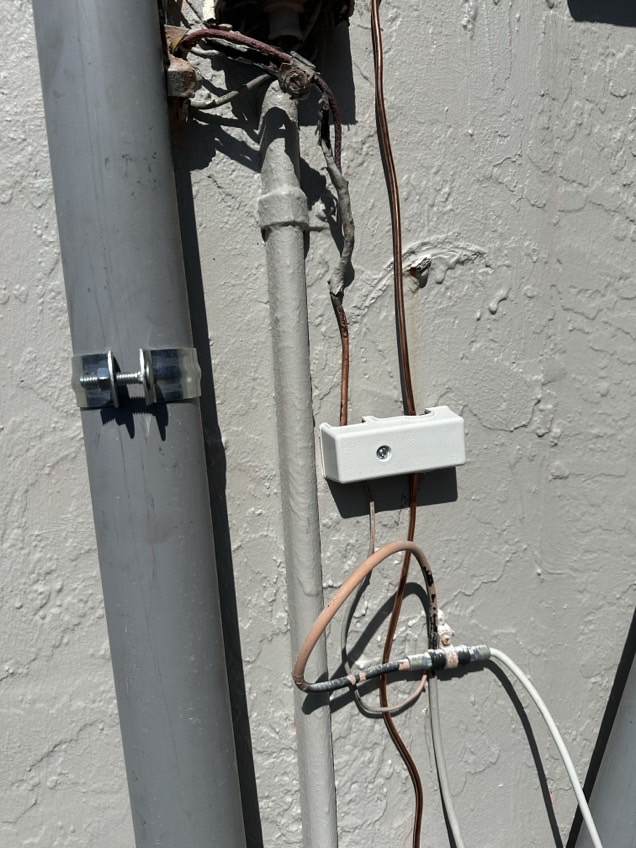
Vehicle Manufacturers
Automakers are increasingly offering installation services as part of their EV packages. Companies like Tesla, Ford, and Nissan have partnerships with certified installers to provide a seamless experience for their customers.
When you purchase an EV, the manufacturer may offer a recommended charger and installation service, often at a discounted rate. These services are typically outsourced to third-party electricians or installation companies, but they provide the convenience of a single point of contact for the customer.
In some cases, automakers also offer resources or tools to help you find certified installers in your area. This can be particularly useful for new EV owners who are unfamiliar with the installation process.
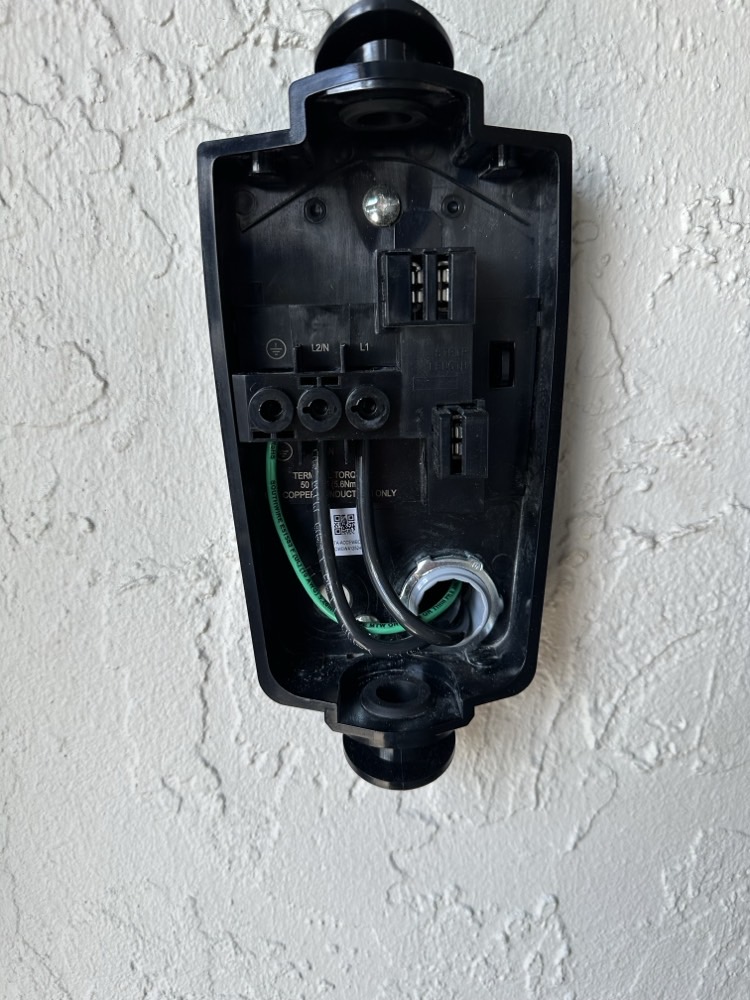
General Contractors
For larger projects, such as installing multiple chargers in a parking garage or developing a public charging network, general contractors may be involved. These professionals oversee the entire project, coordinating between electricians, engineers, and other specialists to ensure a successful installation.
General contractors are particularly useful in commercial and public installations, where the scope of the project often requires multiple skill sets and careful project management. They can also handle logistical challenges, such as integrating charging stations into existing infrastructure or navigating local permitting processes.
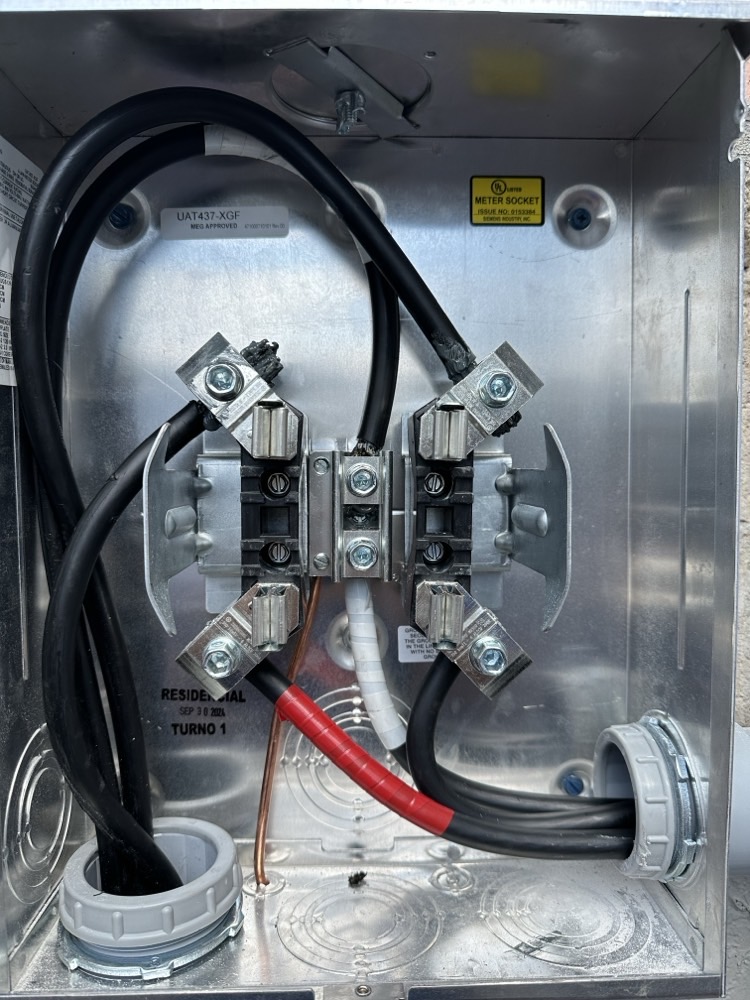
Public Utilities
In some regions, utility companies play a significant role in the installation of EV charging stations. Utilities may offer incentives, rebates, or technical support to encourage the adoption of EVs and the development of charging infrastructure.
For residential customers, utilities can provide guidance on the best location for a charger to optimize energy usage. In commercial settings, they may assist with grid integration and demand management, ensuring that the charging station does not overwhelm the local electrical system.
Some utilities also offer turnkey installation services, partnering with electricians or installation companies to provide a seamless experience for customers.
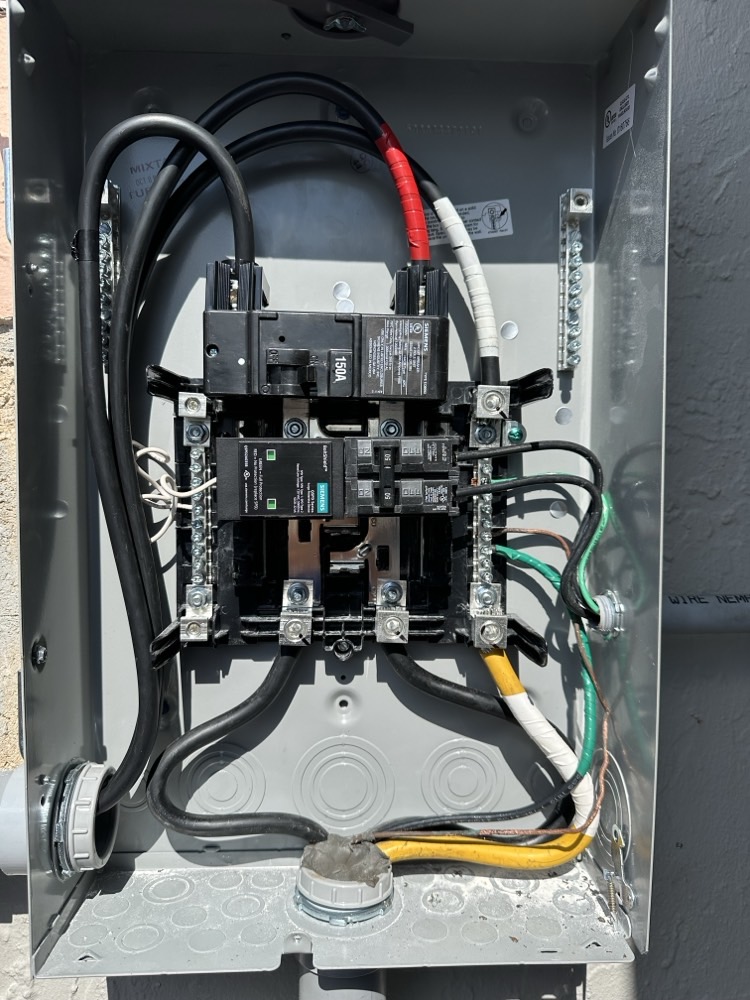
The Role of Municipalities
Municipal governments are increasingly involved in the deployment of EV charging stations, particularly in public spaces. Cities and towns may contract with private companies or utilities to install and manage chargers in parks, parking lots, and other community spaces.
Municipalities are also responsible for enforcing local building codes and permitting requirements. If you’re installing a charger at home or for a business, you’ll likely need to work with your local government to obtain the necessary permits and inspections.
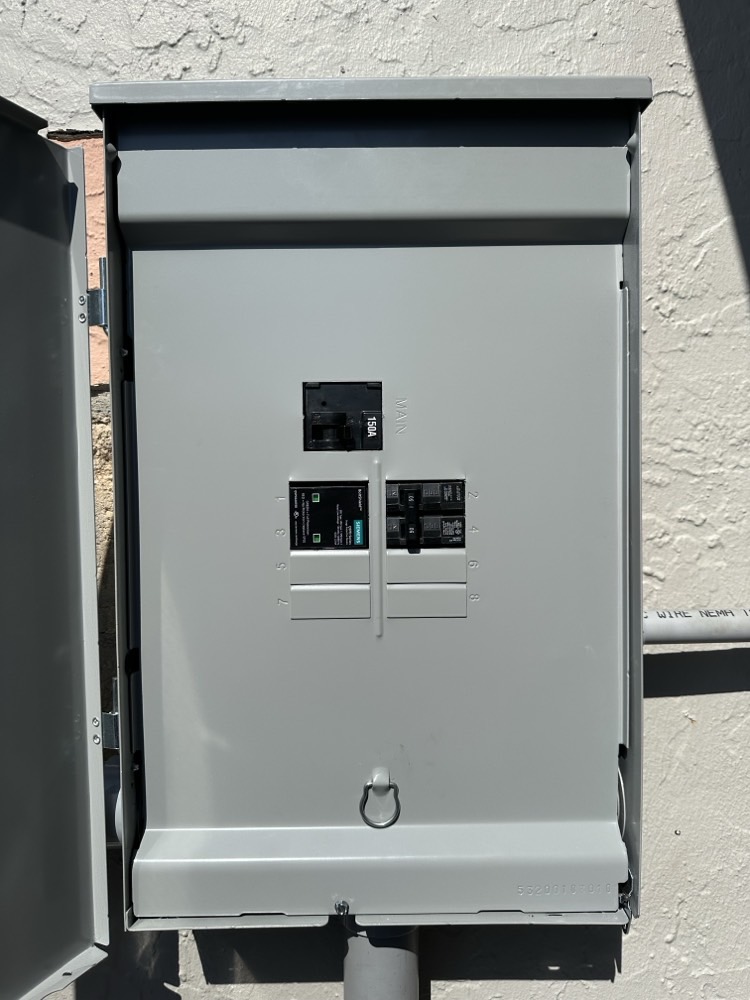
What to Expect During Installation
The installation process for an EV charging station varies depending on the type of charger and the location, but it generally involves the following steps:
Site Assessment
Before installation begins, a site assessment is conducted to evaluate the electrical capacity of the property and determine the best location for the charger. This step often includes checking the electrical panel, measuring distances for wiring, and considering factors such as accessibility and weatherproofing.
Permitting
Permits are usually required for electrical work, and the permitting process varies by location. A licensed electrician or installation company will typically handle the application process, ensuring that all work complies with local building codes.
Installation
Once permits are secured, the actual installation begins. This involves running electrical wiring, installing the charger, and connecting it to the electrical panel. For Level 2 chargers, a dedicated circuit is often installed to handle the increased power demand.
Inspection
After installation, a local inspector will visit the site to ensure that the work meets all safety and code requirements. This is a critical step to avoid fines or potential safety issues down the road.
Activation
Once the installation passes inspection, the charger is activated and tested to ensure it functions correctly. For networked chargers, this step may include configuring software for monitoring and management.
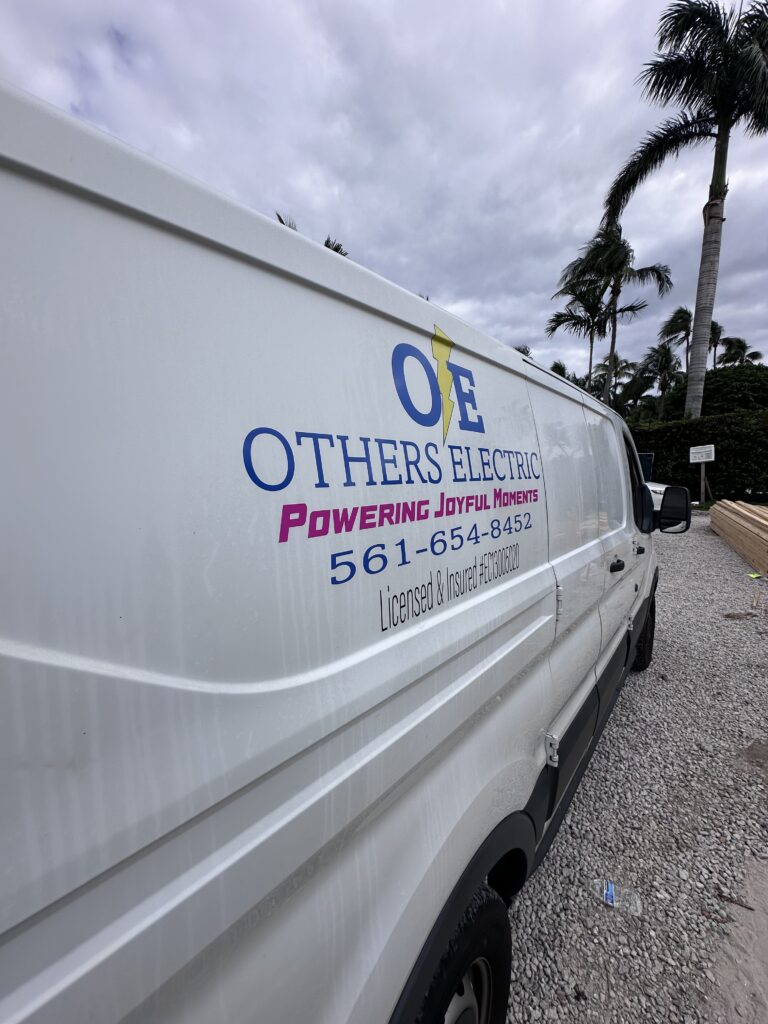
Costs and Incentives
The cost of installing an EV charger varies widely depending on the type of charger, the complexity of the installation, and local labor rates. Level 1 chargers are typically the least expensive, as they require no special installation, while Level 2 and Level 3 chargers can cost significantly more.
Many states and utilities offer incentives or rebates to offset the cost of installation. Federal tax credits may also be available for residential and commercial installations. Working with a knowledgeable electrician or installation company can help you identify and take advantage of these opportunities.
Why Choose a Professional Installer?
While some homeowners may be tempted to install an EV charger themselves, this approach is not recommended. Installing a charger involves complex electrical work that requires specialized knowledge and tools. A professional installer ensures that the work is done safely and complies with all regulations, protecting your investment and providing peace of mind.
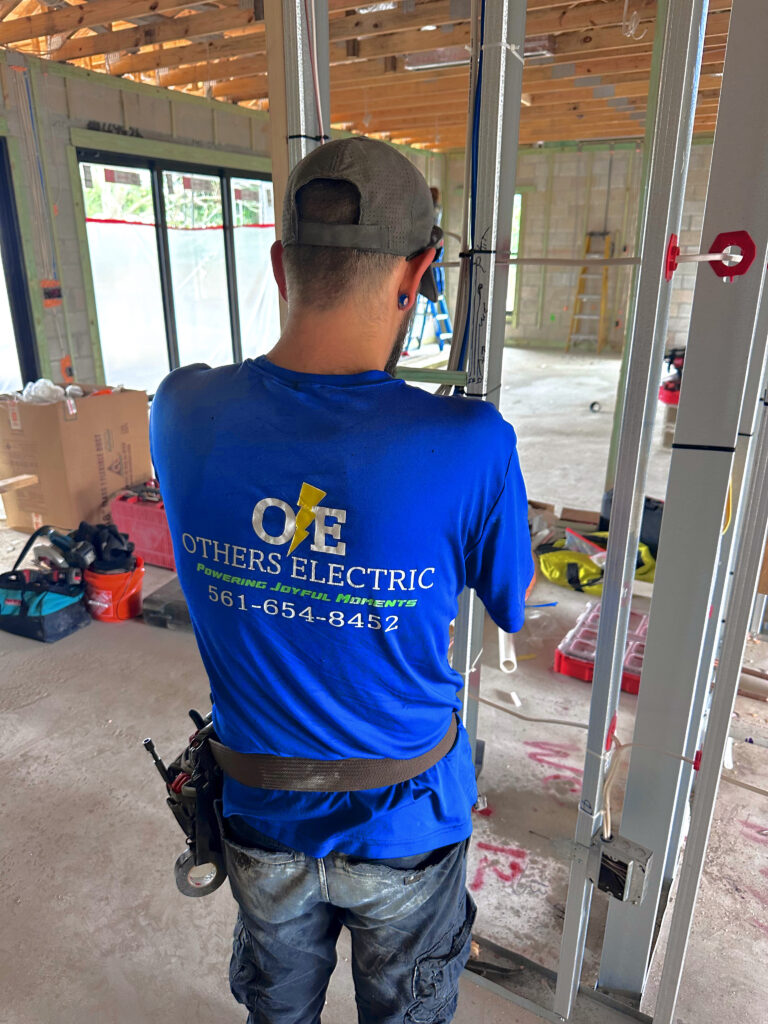
Conclusion
Installing an EV charging station is a multi-faceted process that involves various professionals, from licensed electricians to specialized installation companies. Each player has a vital role in ensuring that the charger is installed safely, efficiently, and in compliance with local regulations.
For those seeking a seamless installation experience, Others Electric offers professional EV charger installation services, handling everything from site assessment to activation. With the right expertise, your charging station will be ready to power your EV and enhance your driving experience.

